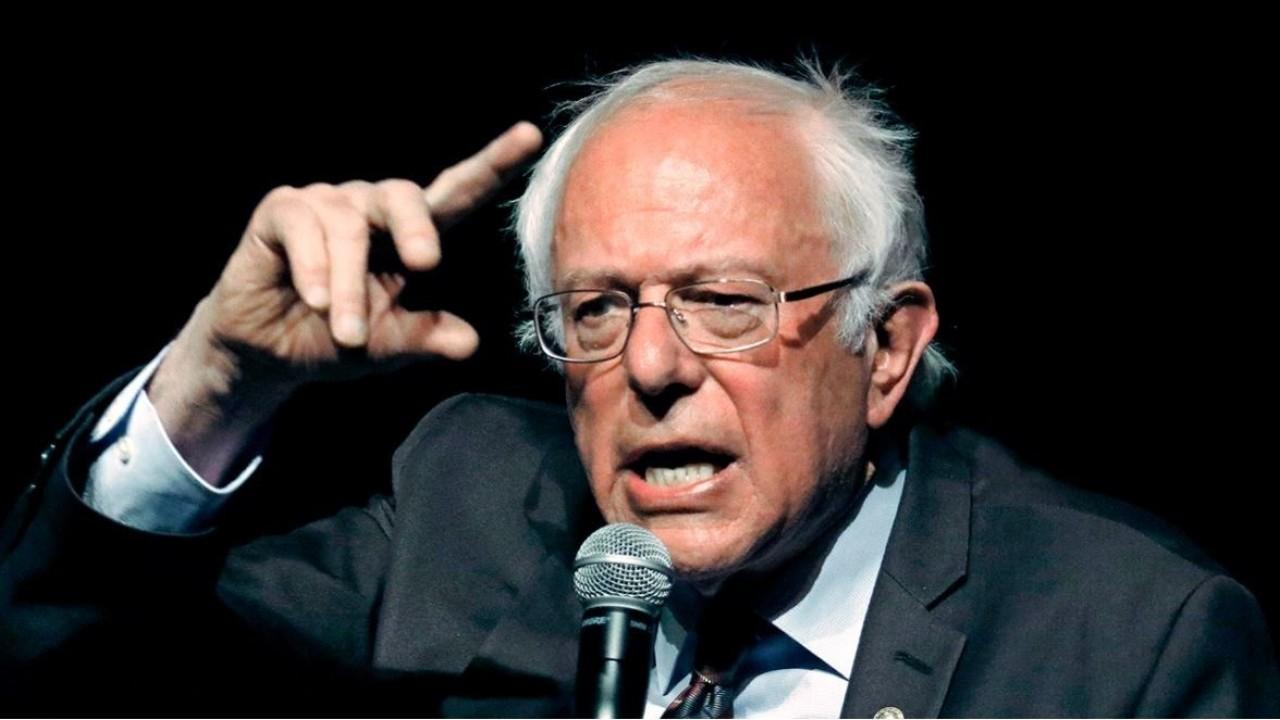Sanders' proposed funding plan may fall trillions short
Sanders’ sweeping, progressive agenda is facing increased scrutiny after he cemented his status as Democratic front-runner this week
Bernie Sanders, facing growing pressure from his 2020 rivals to explain how he intends to pay for his expensive policy agenda, outlined the estimated cost of his ambitious proposals but fell short by trillions of dollars in some revenue estimates.
Sanders’ sweeping, progressive agenda is facing increased scrutiny after back-to-back victories in New Hampshire and Nevada and a popular vote win in Iowa cemented his status as the Democratic presidential frontrunner.
But numbers for the proposed funding for Medicare-for-all, the Green New Deal, tuition-free college and eliminating student debt, expanding Social Security, Housing For All and universal child care, most of which rely on increased taxes, do not add up.
For instance, he estimated that his plan to switch the U.S. to a universal health care program would cost about $30 trillion over the next decade, he said during a recent “60 Minutes” interview, but the revenue option he laid out totals about $17.5 trillion. It’s unclear how he plans to fund the additional $12.5 trillion.
AT SOUTH CAROLINA DEBATE, SANDERS FACES BRUNT OF THE ATTACKS FROM DEMOCRATIC RIVALS
Sanders’ health care plan would eliminate premiums, deductibles and copays for all Americans and would cover vision, dental, hearing aids and some long-term care. It would be phased in over time: The first year, the Medicare eligibility age would be dropped to 55. That would fall to 45 in the second year, and then to 35, until in the fourth year everyone would be covered
Employers would pay a 7.5 percent payroll tax, replacing what they currently pay for health care. Right now, all employees and employers pay a 1.45 percent tax for Medicare, or 2.9 percent total. Employees, meanwhile, would pay a 4 percent income-based premium, exempting the first $29,000 for families of four. Combined, that would raise an estimated $9.2 trillion over the next decade.
He finds an additional $5 trillion by raising the top marginal income tax rate; returning the corporate tax rate to 35 percent from 21 percent; and an “extreme wealth tax.”
BLOOMBERG PLOTTING TO BLOCK SANDERS NOMINATION WITH BROKERED CONVENTION STRATEGY
The bulk of Sanders’ proposals, including his plan to eliminate tuition and cancel student debt, would be funded by a “modest” Wall Street tax, which would generate close to $2.4 trillion over 10 years, his campaign said, and his wealth tax, which the campaign says would bring in $4.35 trillion. That tax would hit couples who are worth more than $32 million.
On Sunday, during the “60 Minutes” interview, Sanders struggled to lay out in detail how he would fund his agenda.
“I can’t rattle off to you every nickel and every dime,” Sanders said. “But we have accounted, you talked about Medicare-for-all. We have options out there that will pay for it.”
GET FOX BUSINESS ON THE GO BY CLICKING HERE




















